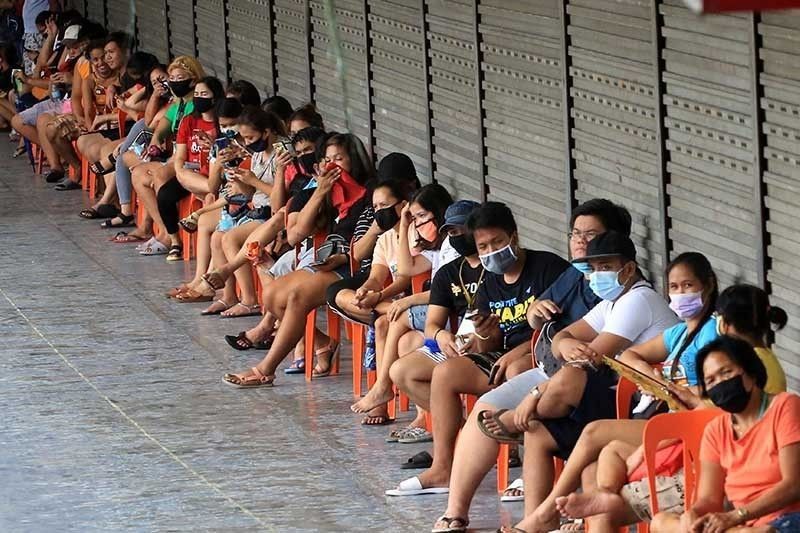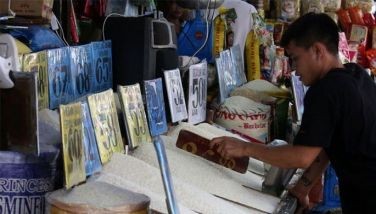Medical groups warn of 'false negatives' from rapid test kits

MANILA, Philippines — Two medical organizations in the Philippines warned that using rapid antibody tests for the new coronavirus may pose harm to the healthcare workers and the public through false reassurance and inadvertent exposure.
In a joint position statement, the Philippine College of Physicians and the Philippine Society of Microbiology and Infectious Diseases said the clinical use of the rapid antibody tests in the first 14 days of illness is not recommended because of the high positive and false negative rates.
According to the World Health Organization, which says the tests have limited utility for clinical diagnosis, "these test kits detects the presence of antibodies in the blood of people believed to have been infected with COVID-19."
WHO adds: "Some clinicians have used these tests for antibody responses to make a presumptive diagnosis of recent COVID-19 disease in cases where molecular testing was negative but where there was a strong epidemiological link to COVID-19 infection and paired blood samples (acute and convalescent) showing rising antibody levels."
PCP and PSMID note that "false negative rates are particularly worrisome because they may lead to false reassurance and inadvertent exposure. They pose a threat to healthcare workers, the patient themselves and the households they belong to."
The groups also recommend against the rapid antibody tests for triage during acute illness “because a huge number of COVID-19 cases will end up quarantined with non-COVID-19 cases.”
The recommendations were based on the reported 43% sensitivity and 71% specificity on the first 15 days of illness, and the reported 100% sensitivity and 64% specificity after 14 days.
Rapid diagnostic tests will yield a faster result than polymerase chain reaction-based kits currently being used in laboratories across the archipelago.
The Department of Health does not recommend the use of rapid tests, saying such tests can give patients a false sense of confidence that they are not infected with the highly-contagious illness.
Not recommended for disease surveillance
PCP and PSMID also said that rapid antibody testing should not be used for disease surveillance at this time when government efforts should focus on contact tracing.
“Use of antibody tests will lead to wastage of precious human resources to track a huge number of false positive cases. Mass testing is also not recommended because of the huge costs and the poor performance of the test, leading to false negatives and false positives,” the organizations said.
But they said that antibody testing may be used to monitor the emergence of herd immunity and to clear people for return to work as the pandemic declines.
“We hope that policymakers will take heed the warnings from medical experts that use of these tests in any other setting are not only of questionable value but are also potentially harmful to individuals, to the general public, and most of all, to our healthcare workers in the frontlines,” PCP and PSMID said.
Last month, the country’s Food and Drug Administration approved the use of five rapid tests for COVID-19 but stressed that a confirmatory PCR-based test is still required.
A total of 38,640 tests have been conducted in the country as of Saturday, the DOH said.
The Philippines has 4,648 confirmed COVID-19 infections with 297 deaths and 197 recoveries. — Gaea Katreena Cabico
- Latest
- Trending






























